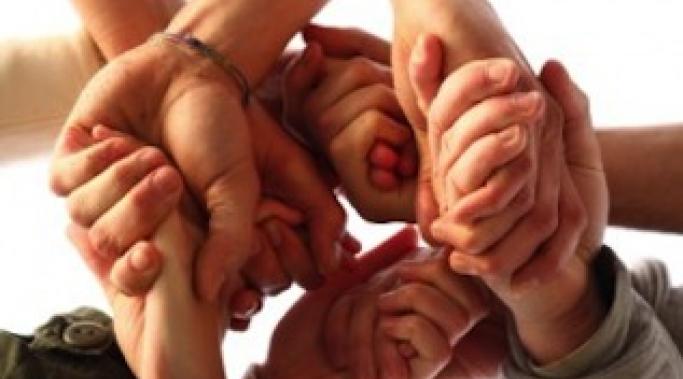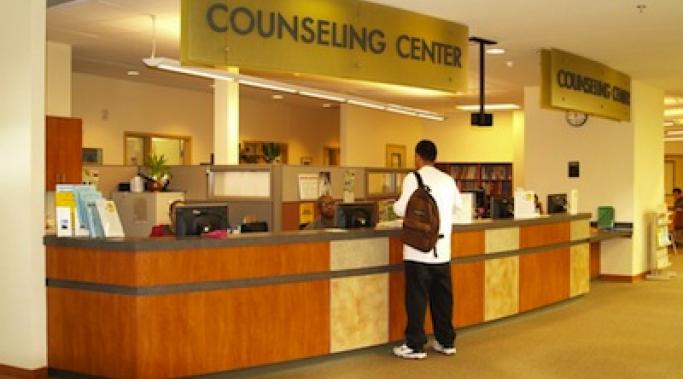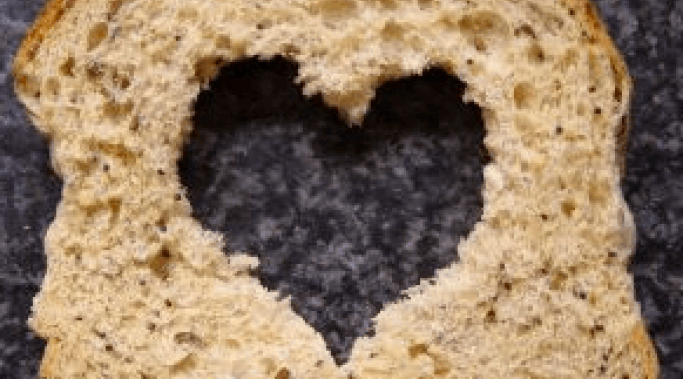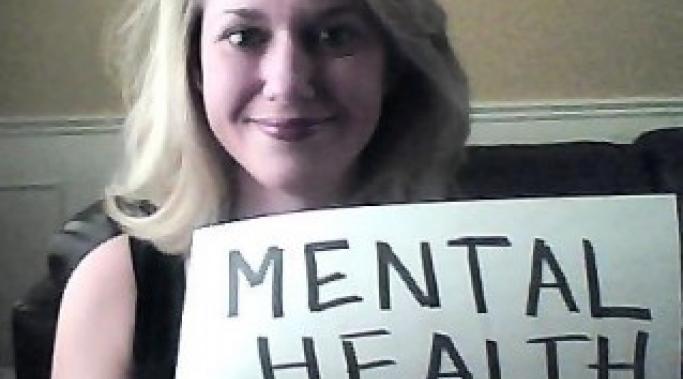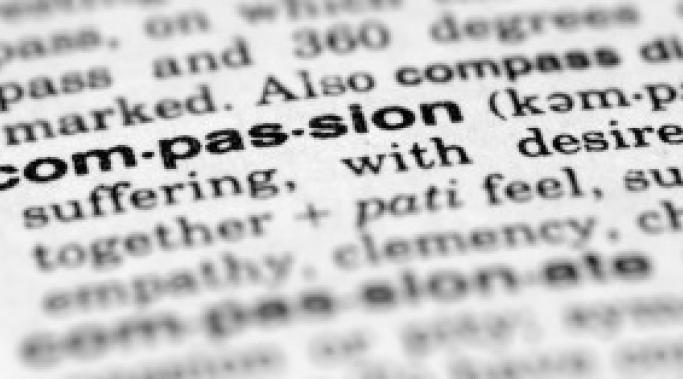When it comes to my recovery from anorexia, like in a lot of areas of my life, I strive to be fiercely independent. Imagine a petulant toddler yelling, "I do it self!" at the top of her lungs and pushing people away while simultaneously crying because she can't actually "do it self." Excellent. You have just drawn yourself a picture of my first three years of recovery failures.
Relapse Prevention
Many times throughout the course of my eating disorder, I found myself listening to music that encouraged my disordered behaviors and thoughts. These songs are still indelibly marked in my brain and I can sing every word of them when they turn up on my iPod. The problem with this is that singing them only serves to cement the messages in my head. So when I started down the road to eating disorder recovery, I needed a new set of songs to sing along to.
Roughly 10 years ago this week, I was moving out on my own and attending graduate school. Many other big changes were happening at the same time in my life, but looking back, I can honestly say that those two had the biggest impact on my eating disorder spinning out of control around that time. It is no surprise that major life changes or transitions can, unfortunately, be triggers for a number of events or conditions in one's life, including eating disorders.
Here's a bit about my experience on this and how it related to my mental illness.
Throughout my numerous trips to treatment for anorexia, I have had the opportunity to connect with some amazing women. (While I have never been in a treatment facility with men, I have also met some amazing men through the course of my recovery.) Some of these women I met while they were still adolescents -- 14, 15, 16 years old. And this week, many of them are headed to college -- moving into dorms, meeting new people, taking harder classes. I'll be honest, I am scared to death that many of them are going to suffer an eating disorder relapse.
One of the things that I have had to learn (over and over again) throughout the course of my recovery from anorexia, is that urges don't last forever. Regardless of how strong the desire is to use a certain behavior, it will pass and I can get through without derailing my eating disorder recovery. "How?" you might ask. That's right, folks -- we're talking about coping skills again.
Raised in a mixed French and Irish household, the stove was the center of my childhood. I guess that made me predestined to be a foodie who now enjoys food, wine, cooking and baking. As I made my way through eating disorder recovery, I also found myself taking comfort in learning how to prepare most of the foods I grew up with, but used to deny myself for many years. Often, people who meet me now are a bit perplexed about how I can balance a passion for food, knowing that I struggled with an eating disorder for a number of years. I thought I’d share a little bit of how this "works."
If you’ve read my blog for a while, you’ll remember that my eating disorder recovery started a little over 6 years ago when I found myself in the hospital, facing the physical consequences of binging and purging since I suffered from bulimia for most of my life as a young adult.
What I haven't focused on in previous posts, was that at the time I decided to get better, I didn’t have the resources to see a therapist, nor was our public health system available to help as I would have liked. So, not unlike many others facing an illness with a lack of adequate resources or treatment options, I did what I could on my own at first to pick myself up from rock bottom.
Though I am very public about my past experiences with an eating disorder and my recovery maintenance, it still doesn’t mean everyone I interact with knows every aspect of my past. So, sometimes, when I’m out eating with a group of people, someone will start to mention about a diet or some form of dietary restriction (e.g. vegetarian, paleo, etc.) they follow.
Usually when that happens, I’ll listen with empathy if it is needed, but I will rarely engage with my own thoughts on diets and weight loss. Part of the reason for this, is that it is a different dynamic when you are in a group, rather than one-on-one, but also part of my recovery is not always making every social interaction about my food, diet, and body image.
I've gone through a lot of body changes in the past year as I have worked on recovering from anorexia nervosa. And I’ve definitely done my best to deal with those changes and even accept them, but I’m not looking at myself in the mirror thinking, “Wow! I look great! I’m so glad I’m not sick any more!”
At the same time, I’m not constantly analyzing the way my butt looks in this pair of jeans or that skirt or trying on six different outfits a day like I used to. I don’t think I need to lose weight. I know I might look “better” (whatever that means) if I worked out a bit more, but it’s really not that big a deal to me.
So why do I still want to skip meals at times?
I recently found myself on the road for work, traveling and connecting with a lot of people and, therefore, creating wonderful memories with them. When I had a quiet moment to myself, while waiting at the airport, I came across an article written by a celebrity. The article was her first-hand account of a long battle with her eating disorder. Of course, I felt compelled to read it once I got through the first few lines and realized what it was about.
